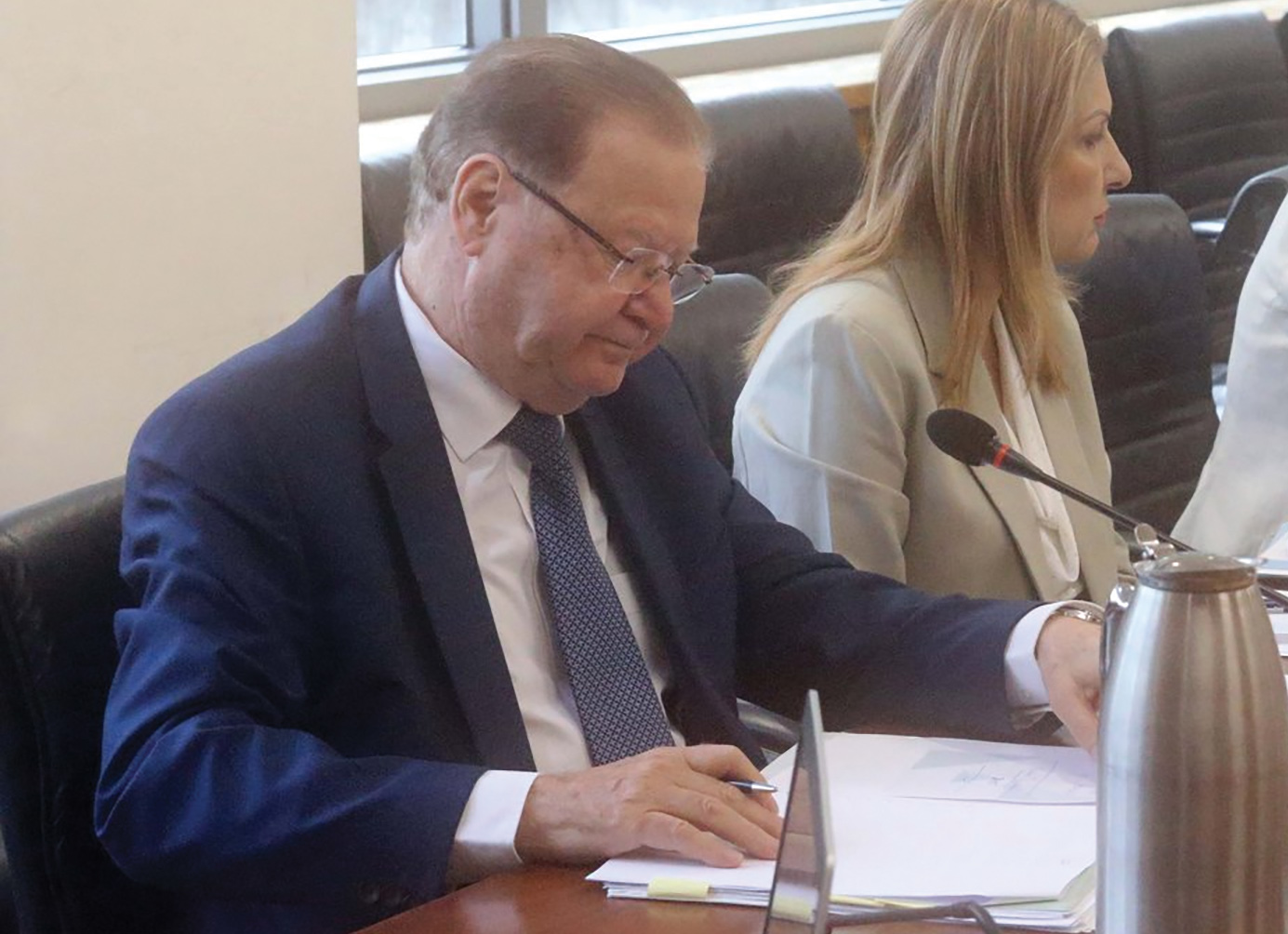The attempt by the government to introduce a more honest staff evaluation system in the civil service did not last very long. There was an outcry when it was first introduced in 2023, after senior managers gave marks to civil servants that reflected their job performance, rather than the obligatory 10 out of 10, which everyone had been getting for the previous 50 years. Pasydy complained that the new evaluation system needed to be discussed and fine-tuned, so supposedly it was and 2024 would be the start of the new era.
It was nothing of the sort, according to the president of the public service commission Giorgos Papageorgiou, who told the House institutions committee on Wednesday, that the mentality had not changed and in 2024 there was a return to the past. The average mark received by civil servants was 9.01 out of 10, whereas in 2023, the first year of the new evaluation system it was 8.74. In 2022, before the introduction of the new system the average mark was 9.98, said Papageorgiou suggesting that after the outcry in the first year the evaluation system was heading in the wrong direction, the top marks re-appearing.
If ways to stop this phenomenon were not found, said Papageorgiou, we will return to the grades that were given before the introduction of the new evaluation system. The data he gave indicated that in most services the average evaluation marks rose in 2024. Was this because productivity and efficiency of workers had increased this year, or because everyone was protesting about the 2023 grading and managers felt under pressure to show greater leniency last year? Some deputies suggested that managers that give top marks to everyone evaluated should be penalised. They have a point because managers are showing dishonesty and lack of integrity in giving a 10 to someone who should receive a 7 mark.
There is another factor that may have influenced the return to the full marks’ phenomenon. The cronyism (also known as rusfeti) blatantly practised by the president, despite his promise to bring meritocracy. Friends and members of the family of the presidential couple have been appointed to top posts, while those already in the civil service have received one promotion after the other. Only the other day, the husband of Irini Piki, permanent under-secretary to the president and Nikos Christodoulides’ closest associate was promoted to the post of permanent secretary.
Perhaps he was the best man for the top post in the civil service but the visual is that the president, who supposedly champions meritocracy, gave a job to a family friend – Piki was a friend of the presidential couple before they entered the presidential palace. When the president cannot be seen to set a good example, why would any senior civil servant give accurate marks when evaluating staff? The dishonest system suits everyone.






Click here to change your cookie preferences